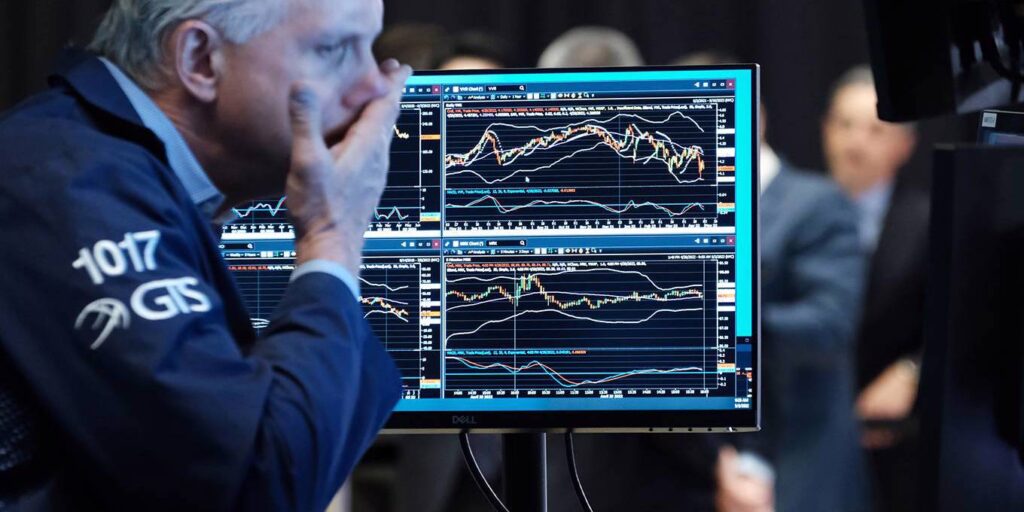
There is ample reason to worry that major economies like the United States are heading for a recession, accompanied by cascading financial turmoil. Some of the worst elements of both the 1970s and the 2008 crash are now in play, with equity markets likely to move deeper into bear territory.
NEW YORK – The global financial and economic outlook for the year ahead has soured rapidly in recent months, with policymakers, investors, and households now asking how much they should revise their expectations, and for how long. That depends on the answers to six questions.

First, will the rise in inflation in most advanced economies be temporary or more persistent? This debate has raged for the past year, but now it is largely settled: “Team Persistent” won, and “Team Transitory” – must admit to having been mistaken.
The second question is whether the increase in inflation was driven more by excessive aggregate demand (loose monetary, credit, and fiscal policies) or by stagflationary negative aggregate supply shocks (including the initial COVID-19 lockdowns, supply-chain bottlenecks, a reduced US labor supply, the impact of Russia’s war in Ukraine on commodity prices, and China’s “zero-COVID” policy). This questions matters because supply-driven inflation is stagflationary and thus raises the risk of a hard landing (increased unemployment and potentially a recession) when monetary policy is tightened.
That leads directly to the third question: Will monetary-policy tightening by the US Federal Reserve and other major central banks bring a hard or soft landing? Until recently, most central banks and most of Wall Street occupied “Team Soft Landing.” But the consensus has rapidly shifted, with even Fed Chair Jerome Powell recognizing that a recession is possible, and that a soft landing will be “very challenging.”
Moreover, a model used by the Federal Reserve Bank of New York shows a high probability of a hard landing, and the Bank of England has expressed similar views. Several prominent Wall Street institutions have now decided that a recession is their baseline scenario (the most likely outcome if all other variables are held constant). In both the United States and Europe, forward-looking indicators of economic activity and business and consumer confidence are heading sharply south.
Read the full article on Project Syndicate
![]()
Nouriel Roubini, Professor Emeritus of Economics at New York University’s Stern School of Business, is Chief Economist at Atlas Capital Team, CEO of Roubini Macro Associates, Co-Founder of TheBoomBust.com, and author of the forthcoming MegaThreats: Ten Dangerous Trends That Imperil Our Future, and How to Survive Them (Little, Brown and Company, October 2022). He is a former senior economist for international affairs in the White House’s Council of Economic Advisers during the Clinton Administration and has worked for the International Monetary Fund, the US Federal Reserve, and the World Bank. His website is NourielRoubini.com, and he is the host of NourielToday.com.

